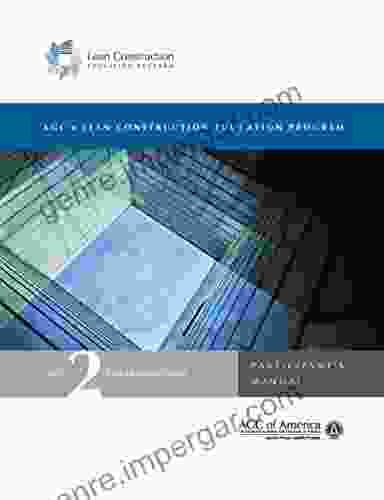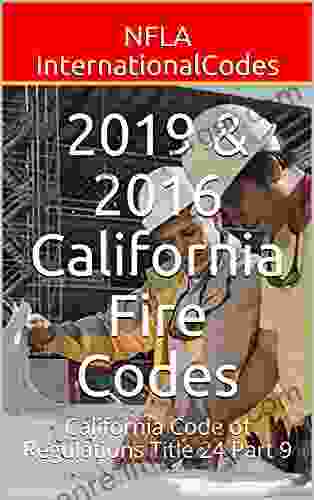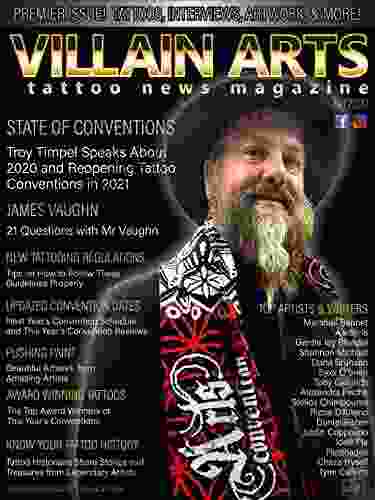
Collective writing is a process in which multiple authors work together to create a single piece of work. This can be a challenging but rewarding experience, as it requires authors to pool their knowledge, skills, and perspectives to create something truly unique and valuable.
5 out of 5
| Language | : | English |
| File size | : | 6743 KB |
| Screen Reader | : | Supported |
| Print length | : | 232 pages |
In this article, we will explore the methodology and philosophy of collective writing. We will discuss the different stages of the process, from brainstorming to drafting to editing, and we will offer tips and advice on how to make the most of this collaborative experience.
The Stages of Collective Writing
The process of collective writing can be divided into several stages:
- Brainstorming: In this stage, authors come together to generate ideas for their project. This can be done through a variety of methods, such as freewriting, mind mapping, or group discussion.
- Drafting: Once the authors have a pool of ideas, they can begin drafting the project. This can be done individually or in groups, and authors can use a variety of tools to help them organize their thoughts and ideas.
- Editing: Once the authors have a draft, they can begin editing it. This involves checking for errors in grammar, spelling, and punctuation, as well as making sure that the project is well-organized and flows smoothly.
- Finalizing: Once the authors are satisfied with the edited draft, they can finalize it. This may involve making minor revisions or changes, as well as adding finishing touches such as a title and cover image.
The Philosophy of Collective Writing
There are a few key principles that underlie the philosophy of collective writing:
- Collaboration: Collective writing is a collaborative process, and it is essential that authors work together effectively. This means being open to new ideas, respecting the opinions of others, and being willing to compromise.
- Diversity: Collective writing benefits from diversity of perspective. Authors with different backgrounds, experiences, and expertise can bring unique insights to the project.
- Trust: Authors need to trust each other in Free Download to create a successful collective writing project. This means being honest and open with each other, and being willing to take risks and share their ideas.
Tips for Effective Collective Writing
Here are a few tips for effective collective writing:
- Set clear goals: Before you begin a collective writing project, it is important to set clear goals for what you want to achieve. This will help you stay on track and avoid getting bogged down in details.
- Establish a communication plan: It is important to establish a communication plan so that all authors can stay up-to-date on the project and share their feedback. This can be done through email, instant messaging, or video conferencing.
- Use collaborative tools: There are a variety of collaborative tools that can help authors work together more effectively. These tools can be used for brainstorming, drafting, editing, and finalizing projects.
- Be open to feedback: Feedback is essential for any writing project, but it is especially important for collective writing projects. Authors need to be open to feedback from their collaborators, and they need to be willing to revise their work based on this feedback.
- Celebrate your successes: Once you have completed a collective writing project, it is important to celebrate your successes. This will help you build team morale and encourage you to continue working together on future projects.
Collective writing can be a challenging but rewarding experience. By following the methodology and philosophy outlined in this article, you can increase your chances of success. So what are you waiting for? Gather your team and start writing!


























































































